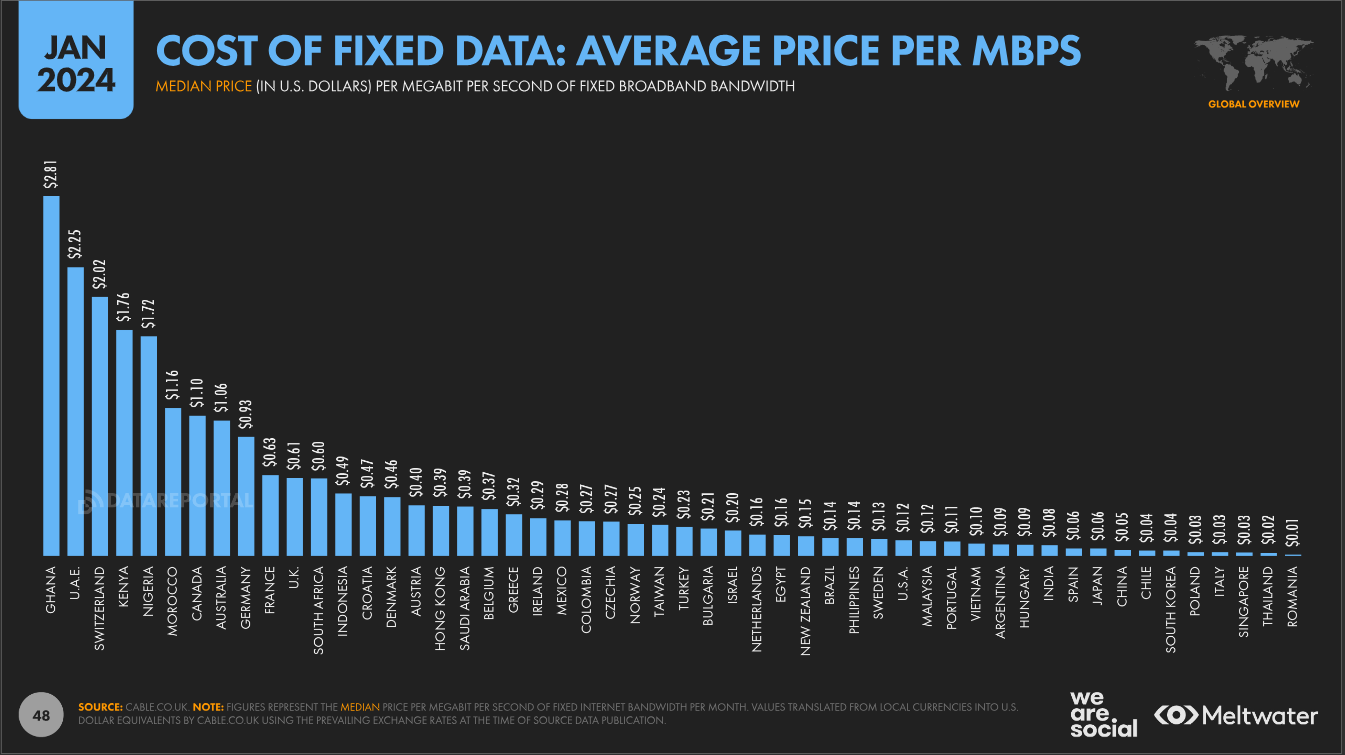
The Ministry of Trade and Industries has presented a bill to parliament aiming to limit the importation of essential items, including popular goods like 'yemuadie' known as animal intestines.
The bill, if passed, will restrict the importation of 22 products into the country.
The ministry aims to enhance the local economy and promote domestic producers by creating a market for their goods. Importers interested in bringing in the listed items must obtain certification from the ministry before importing them into the country.
The L.I seeks to restrict the importation of some selected strategic products, such as rice, poultry, diapers, and other products.
However, the Minority in Parliament has said that the L.I the Akufo-Addo/Bawumia NPP government is desperately attempting to introduce in Parliament has very far-reaching implications for Ghanaians.
The Minority Leader, Dr. Ato Forson addressing the press, said the LI on Export and Import (Restrictions on Imposition of Selected Strategic Products) Regulations, 2023, seek to give the Trade Minister the sole prerogative and unfettered power to grant licenses to any person desirous of importing into the country on some essential items numbering twenty-two.
He indicated that such laws often breed corruption and cronyism and can easily be abused to create a monopoly for a few individuals.
Ato Forson added that the proposed Import Restrictions Regulations of the failed Akufo-Addo/Bawumia NPP government seek to grant unchecked discretionary power to the Minister for Trade to solely determine whether or not to issue an import license to a person and to restrict the quantity of certain imports into the country, as he deems fit.
The products affected by the import restriction bill are
• Rice
• Guts, bladders, stomachs, and intestines of animals
• Poultry
• Frozen cuts and offal of fowl
• Animal, vegetable, coconut, and palm oil
• Margarine
• Fruit juices
• Soft drinks
• Mineral water
• Ceramic tiles
• Corrugated paper and paper board
• Mosquito coils and insecticides
• Soaps and detergents
• Motor cars
• Iron and steel
• Diaper
• Polymers (plastic and plastic products)
• Fish
• Sugar
• Clothing and apparel
• Biscuits
• Canned tomatoes
• Aluminium products
Read Full Story












Facebook
Twitter
Pinterest
Instagram
Google+
YouTube
LinkedIn
RSS